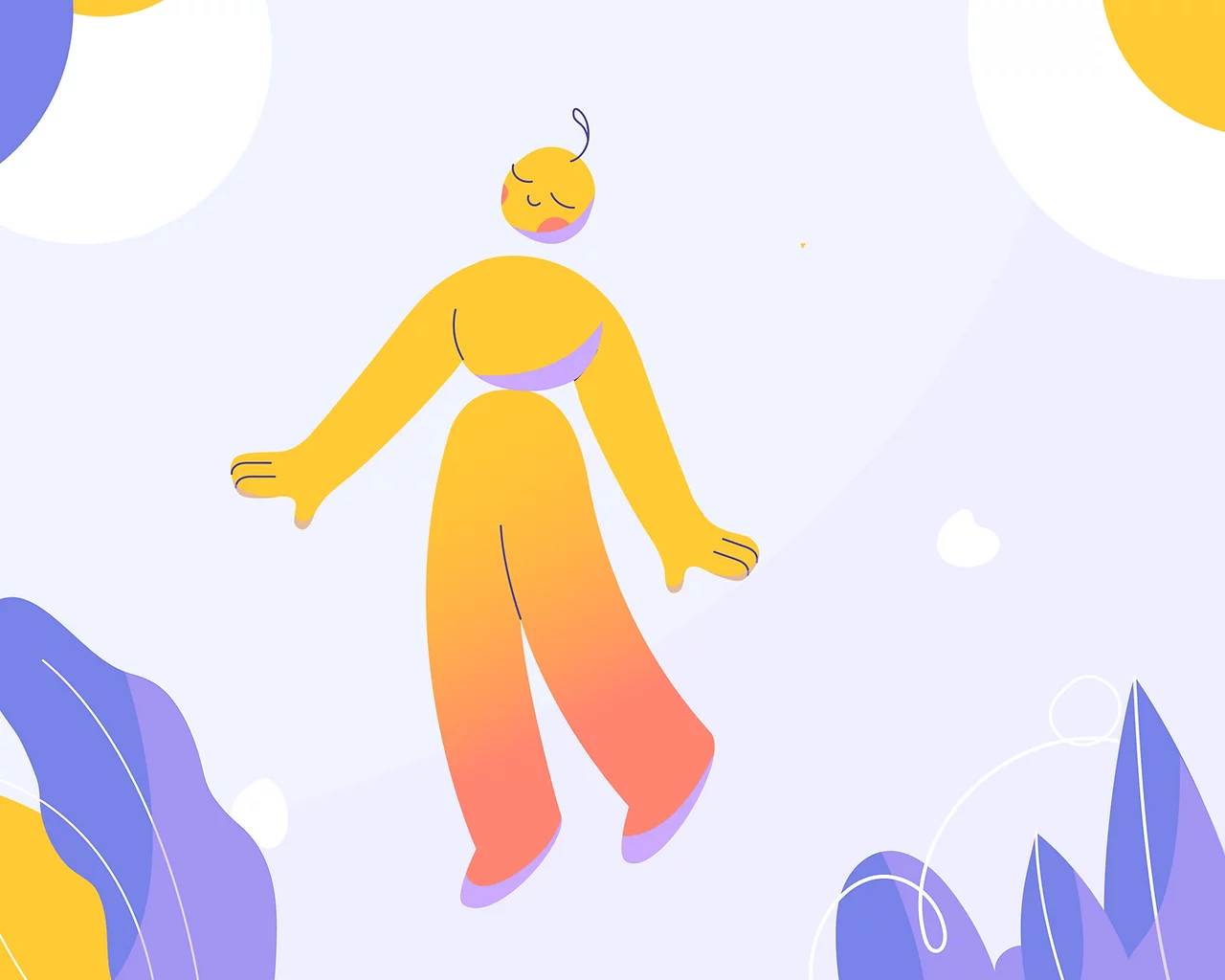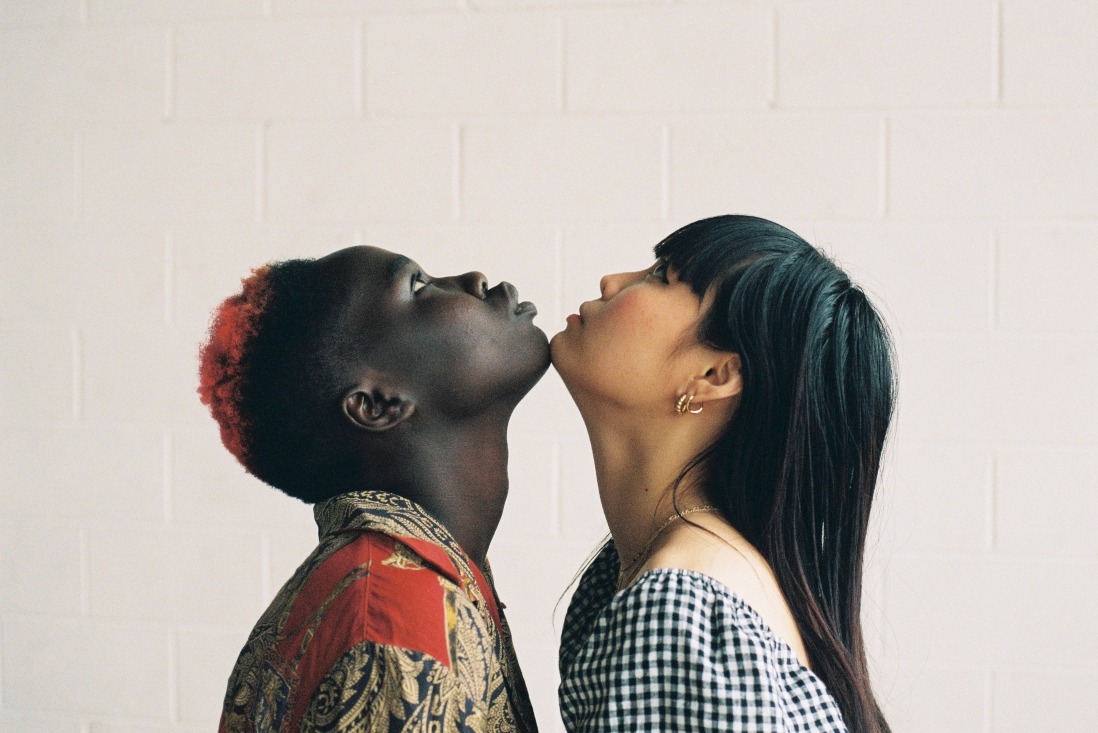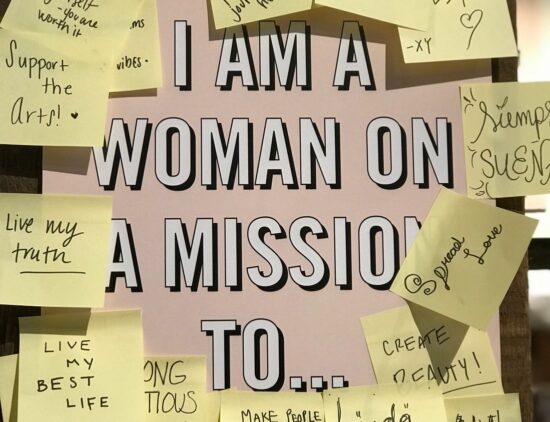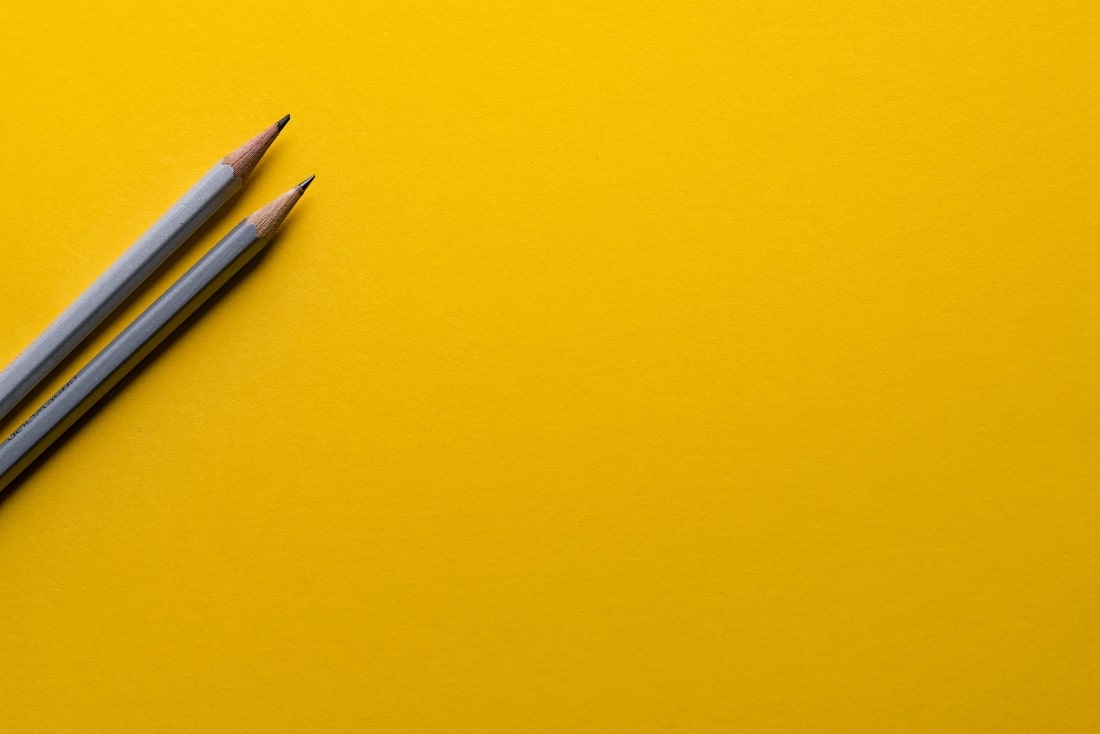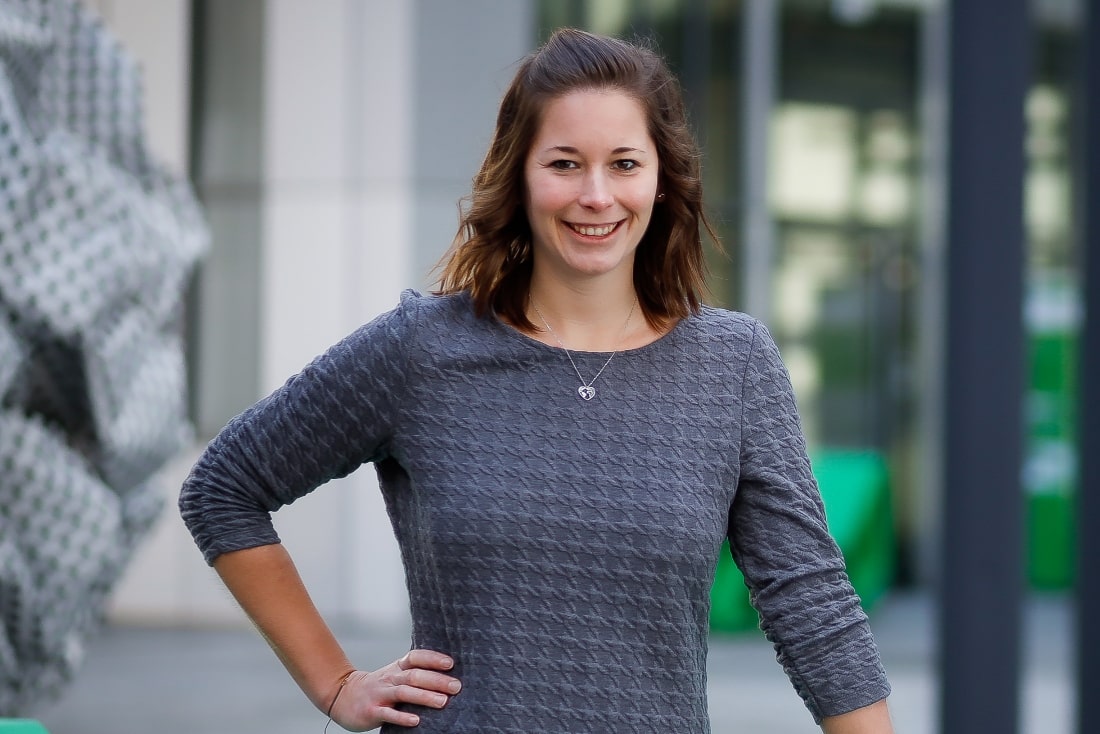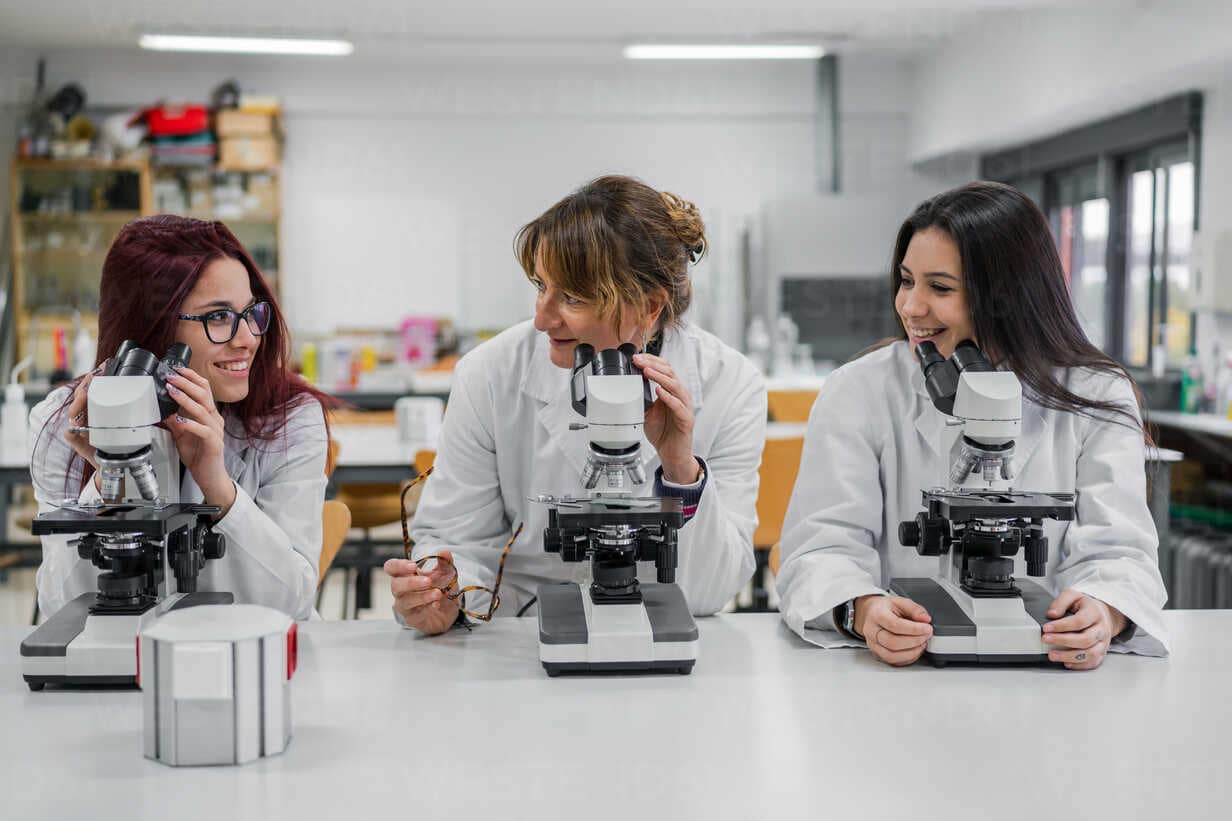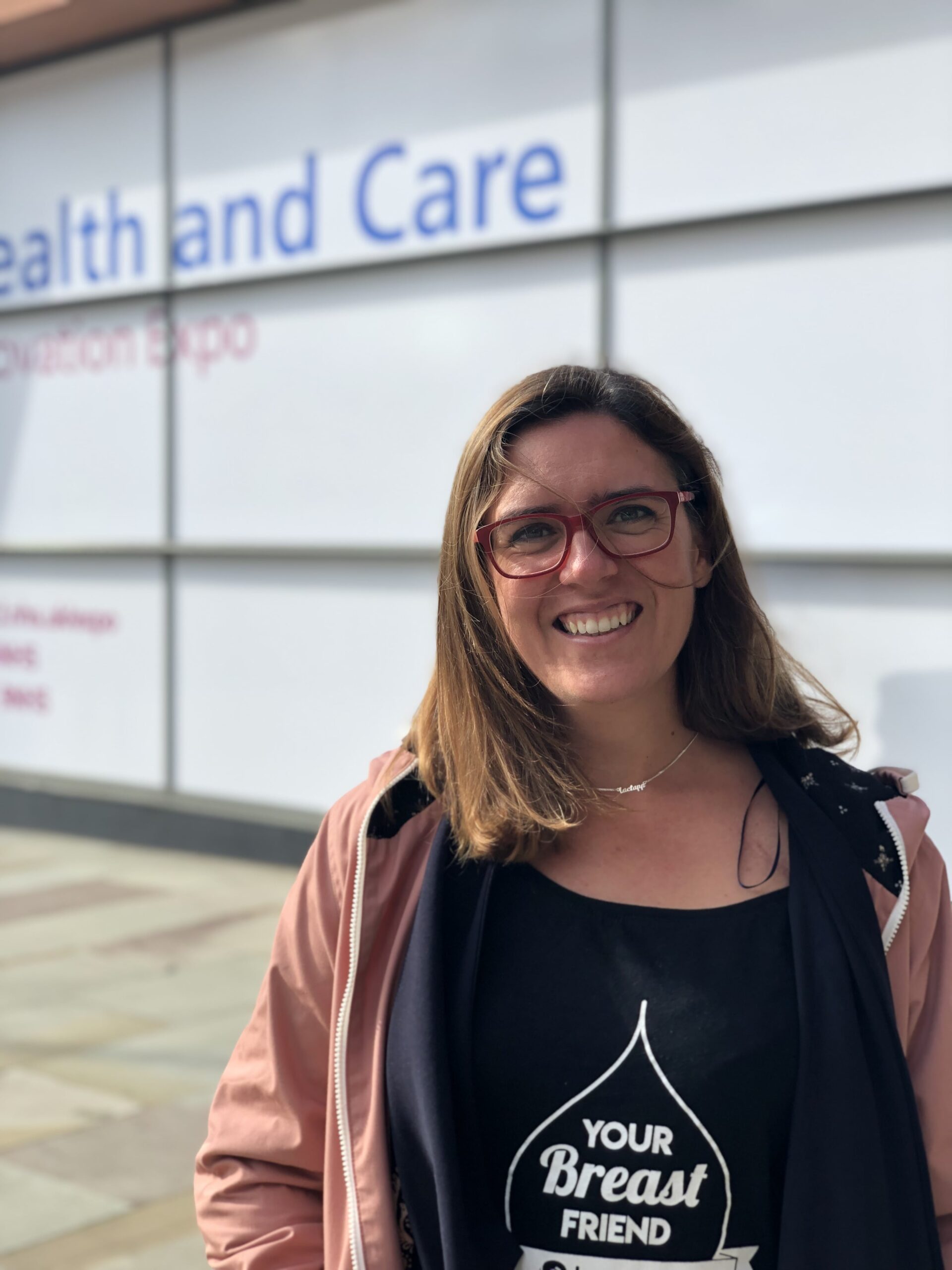For the past 10 years, I have been extremely passionate about the possibility to disrupt the women’s health space. This space is underserved and in need of capital and innovators who want to make a real difference for women.
I stumbled upon my first job in women’s health when I was in college when I interned at a company that was focused on maternal health and improving outcomes. I became so fascinated by this field that I decided to work there full time after college and without realizing it, ended up on a career path in women’s health that led me to found my own women’s health company a decade later.
“I always assumed I’d have to pursue a degree in the sciences before I built my own biotech company”

I was nervous that without a scientific background I would struggle, but it turns out, my background has been a benefit and complementary to others on my team. I studied Economics in college and have yet to pursue a Master’s degree. I always assumed I’d have to pursue a degree in the sciences before I built my own biotech company. Luckily, my assumptions were wrong.
Having worked with women’s health startups from the early days until exit, I had learned so much on how to build a successful company, but more importantly, I was so deeply passionate to work on solutions that disproportionately affect women. Years in the industry showed me the lack of funding, innovation and quite frankly, interest, and is what drove me to really want to focus on this area. The big question was, how do you go from working at a company that has women’s health products to building your own without the scientific expertise to create such a product. This was something I pondered for some time.
Although my experience was in diagnostics and in a regulated space, I had to face reality, I had no product. I couldn’t exactly develop anything in the lab as I didn’t have the expertise for it. So, what to do?
After some thought, I knew it was time to just go full throttle and give this my all.
After some thought, I knew it was time to just go full throttle and give this my all. What’s the worst that could happen? I quickly assembled a strong team and found a scientist who was also an academic researcher who was working on something really exciting in women’s health and decided to partner with him along with my other co-founders.
My co-founders and I have worked together for the last 10 years, so between us, we cover the spectrum of commercialization, regulatory and operational experience. We hunted through tech transfer offices, patents and read published literature for over a year before finding a project we all felt strongly about. I think most people tackle this by thinking of a problem they’d like to solve and then get stuck creating a product around that, especially in the life sciences space.
“we went on the hunt for an innovation that we felt would make a real impact for women around the world”
We came at it from a different direction, 90% of medical innovation stays in academia and never reaches the intended patients because there is such a disconnect between the people doing the research and the people that have experience bringing these products to market. Rather than think of a problem we wanted to solve, we knew we wanted to focus on women’s health and instead went on the hunt for an innovation that we felt would make a real impact for women around the world.

This process is what led us to find a novel solution to diagnose ovarian cancer, a disease that is so deadly for women and where there is no solution on the market today to detect this type of cancer at an early stage. We are currently working on developing AkrivisGD, the first early-stage liquid biopsy test that will be imperative to helping save lives.
My company, AOA Dx has been working in close collaboration with a world-renowned cancer researcher to bring this product to market. Currently, 80% of ovarian cancer patients are diagnosed too late, resulting in a very low 5-year survival rate. I feel lucky to have found such an incredibly talented team who feels as strongly about conquering this disease as I do.
“If there’s one important lesson I have learned during this process, it’s to never underestimate yourself”
If there’s one important lesson I have learned during this process, it’s to never underestimate yourself and the ability to find a solution to turn your vision into reality. I hope this advice and process can be helpful to other female founders in the FemTech space looking to make a difference.
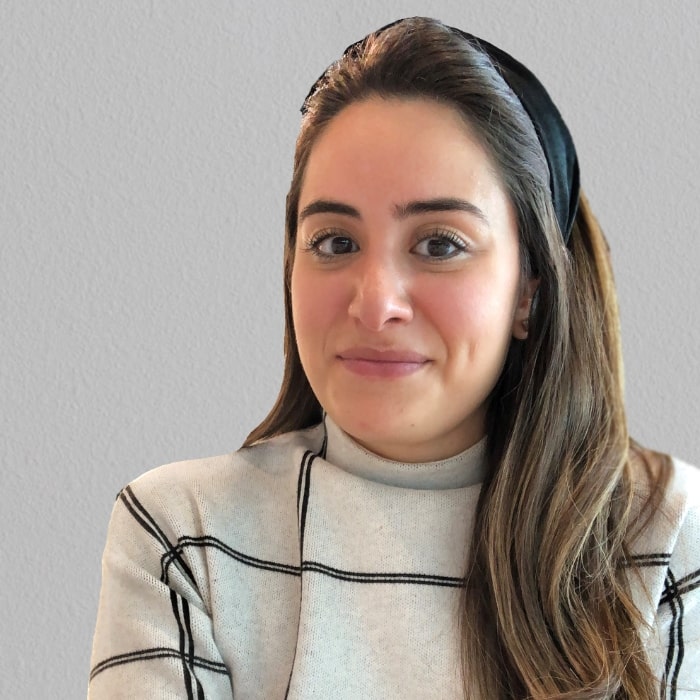
This piece was authored by Oriana Papin-Zoghbi is the CEO and co-founder of AOA Dx Inc.
She has global experience creating and leading organizations resulting in successful strategic exits. She brings a wealth of knowledge and expertise from women’s health startups and large life science companies, and a passion for entrepreneurship and solving problems that disproportionality affects women.
Oriana has received numerous awards in entrepreneurship, including the Massachusetts Life Sciences Center MassNextGen Award and The Wave Summit’s Emerging Women Founder in Bio Award.
As CEO of AOA Dx, she has raised over $2.5M in Seed funding and $500k in non-dilutive grant funding and been accepted into numerous competitive accelerators included Springboard and MassMedic Ignite.
Known for her inspirational leadership, Oriana has a proven track record of developing a highly productive culture and turning visions into reality. She has a proven technical record of creating market entry strategies and product launches in new markets, including launching nationwide HPV screening in East Africa and novel diagnostics in maternal-fetal medicine.
Oriana holds a degree from Boston University in Economics and International Relations, and she has experience both living and working in various geographies.
